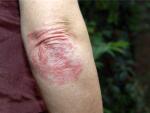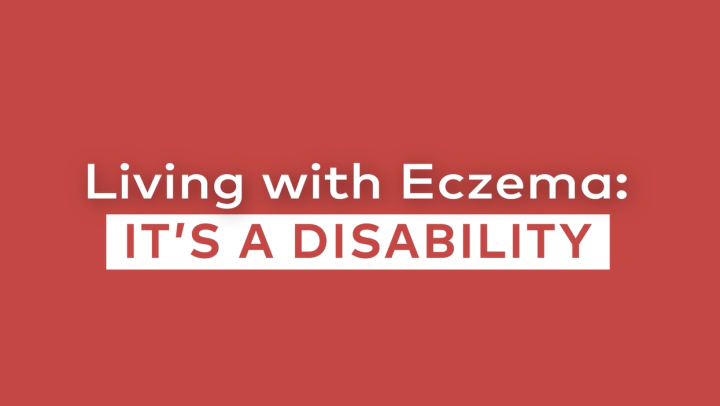-
Know Your Personal Environmental Sensitive Skin Triggers
People who have sensitive skin know their skin tends to react to certain environmental triggers. Their skin gets flushed or turns red. It may become dry, tight and itchy—and it can even develop cracks. While not everyone develops the same amount of irritation in response to environmental triggers, there are a number of common triggers that you may want to watch out for. Learn which ones irritate your skin the most, and take steps to avoid them or reduce their impact.
-
1Summer Heat

Some people write songs about hot summer nights, but other people—those with sensitive skin—know that summer heat is cruel to their skin. Excessive sweating from getting too hot can also irritate sensitive skin. If you can stay out of the heat, try to do so, since the hot weather can cause problems for your skin.
-
2Sunlight

No, you don’t have to pretend to be a vampire and completely avoid the sun. But if sunlight does irritate your sensitive skin, take steps to protect it as much as possible. If you have to spend time outside, don a hat and some lightweight clothing that will cover your skin. Wear a broad-spectrum sunscreen for sensitive skin on any exposed skin, too.
-
3Winter Weather

The cold blustery weather of winter gives people with sensitive skin a great excuse to stay inside and get cozy. The combination of cold and wind can be too much for your sensitive skin to handle. Your easily-irritated skin may become red and cracked, or tight and itchy, or some combination of all of those factors. Try to cover up when you’re outside and be diligent about applying a gentle moisturizer.
-
-
4Cleaning Products

The strong chemicals of many household cleaning products might make your house look spic and span, but they can do a number on your hands and any other skin that’s exposed to them. If you’re planning to get down on your hands and knees and scrub the bathtub or other household surfaces, wear a pair of rubber gloves to protect your skin.
-
5Air Pollution

If air pollution is one of your environmental triggers, you can monitor your local weather report and stay abreast of any alerts about unsafe air quality. On days when the air quality is poor, you might try to limit your outside time. Forgo your bike rides and outside activities and stay indoors as much as possible.
-
6Soaps and Detergents

Just like those high-powered cleaning products, soaps and detergents will get you and your clothing clean. But they may strip away moisture that keeps your skin lubricated and soft, causing irritation to develop. Take a good look at the labels of products before you buy, and look for fragrance-free and dye-free products, and products designed for sensitive skin.
-
7Cosmetics and Fragrances

Red, tight, and itchy is not a look that most people want to achieve with their cosmetics. People with sensitive skin have long wrestled with the conundrum of skin care products that are supposed to make the skin look and feel better, but actually do the opposite. Test new products on a very small patch of skin to see if any irritation develops; if it does, discontinue use. Try to avoid products with added fragrance, too.





























